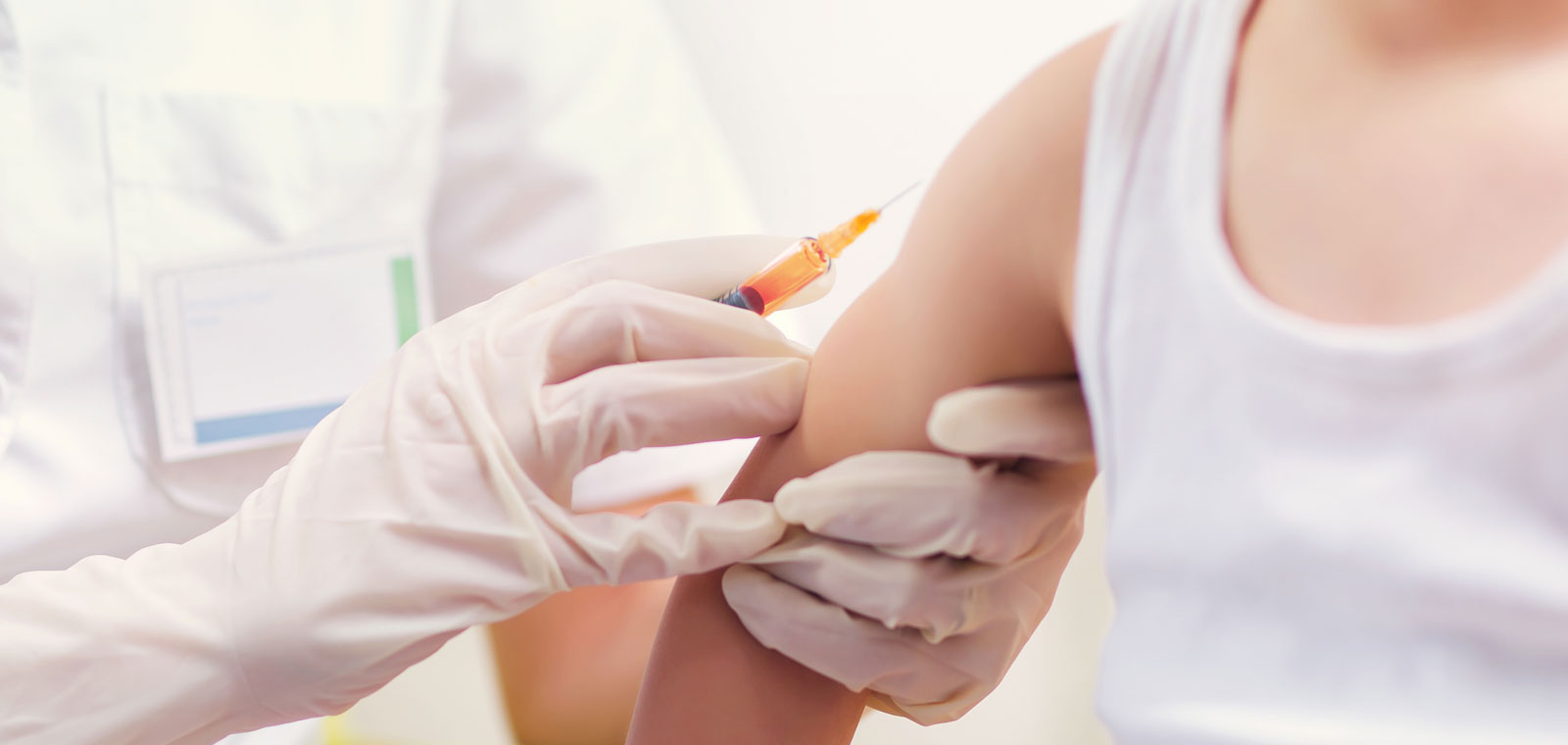
In much of the world, malaria continues to cause high mortality, especially among children. In adults who have survived the various attacks of the malaria parasite on the body, the immune system is trained and can increasingly recognize and neutralize the great diversity of malaria parasites. BPRC scientists investigated whether a vaccine can give the same immune response.
Malaria has plagued humanity for centuries. The parasite is in constant battle with the human immune system. The human immune system is getting better and better adjusted to the parasite, but at the same time the parasite also changes, so that the parasite can again and again bypass the human defenses.
Looking for a vaccine
There is only a partially effective malaria vaccine based on a protein from the parasite. Other vaccines are also in development and a combination of vaccine candidates may ultimately prove to be the most effective. One such candidate protein is AMA1. The parasite needs this protein to enter the host cell.
A major disadvantage of the AMA1 protein for the vaccine developers is that this protein has many variations and it is difficult to build a vaccine that includes all these variations, so that no parasites can escape the immune response.
The AMA1 malaria vaccine
BPRC scientists developed an AMA1 vaccine (called “PfAMA1 DiCo”) that can recognize many variants of this protein. This was successful in animal models and the next step was to determine whether this was also the case in humans. With this PfAMA1 DiCo vaccine, they vaccinated French volunteers who had never been exposed to malaria. They then compared the response of their immune system with that of adults from Burkina Faso who had been vaccinated with a placebo. The volunteers from Burkina Faso have been continuously exposed to malaria throughout their lives and their immune system therefore recognizes the various malaria parasites well. Incidentally, another part of the volunteers from Burkina Faso was vaccinated with the AMA1 DiCo vaccine and antibodies against AMA1 DiCo variants also increased in that group.
Can the AMA1 DiCo vaccine mimic the natural immune response?
The question was whether the experimental malaria vaccine could induce a similarly broad immune response against different AMA1 variants as occurs in nature through repeated exposure to malaria parasites. This turned out to be the case. Good news, because in theory, with a vaccine, you wouldn't need all of those malaria exposures to be protected against disease. But unfortunately it is not that simple. The immune response elicited was directed against a wide variety of AMA1 variants, but not powerful enough to protect against malaria.
Another step further
A combination of this vaccine with good additives (adjuvants) is therefore important to make the immune system work more powerfully. In addition, a mix with other possible malaria vaccines can have a better effect. In short, good news, but there is still a lot of work to be done.
Want to read more about this research? Follow this link to Nature Vaccines.

